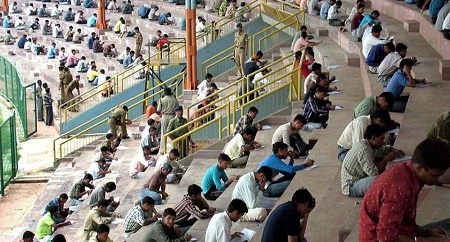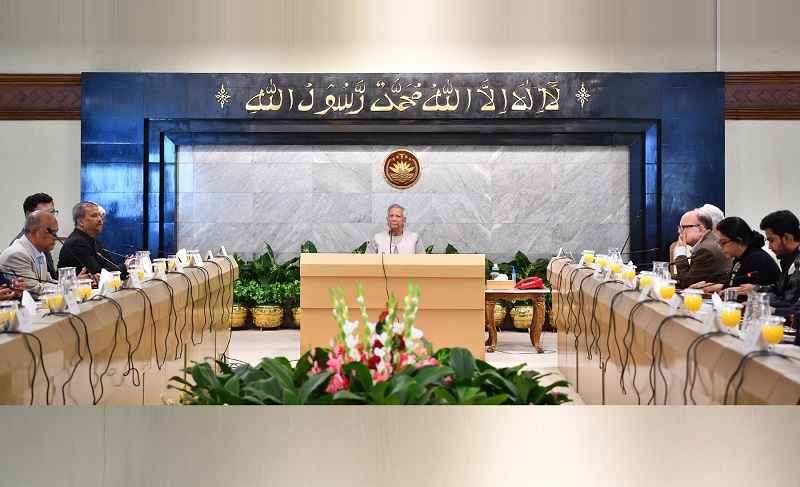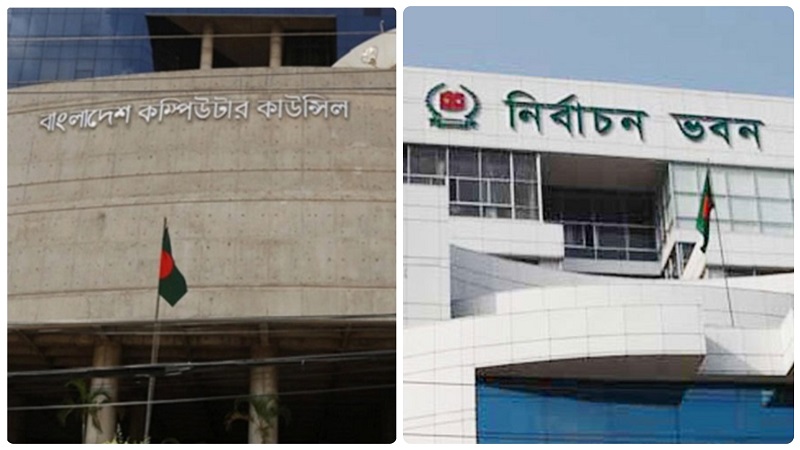Achieving a comprehensive economic recovery is the biggest challenge for the government in 2021 as the lingering COVID-19 prevalence badly affected employment, investment, poverty eradication efforts, exports and imports in 2020.
Economists noted that job-oriented economic strategies, instead of decades-old growth-centric economic policies, should be pursued along with a proper implementation of the coming stimulus packages in the new year, the 50th birth anniversary of the country, and the year of the second review on its graduation from the group of the least developed countries.
They further noted that changes in socio-economic strategies were also imperative to address chronic problems, including the widening inequality, corruption, capital flight, public fund wastage and non-performing loans, which are undermining the spirit of Independence.
The remittance figure stood tall amid faltering economic indicators like import, export, private investment, public investment and overall growth of gross domestic product to 5.2 per cent from the original 8.2 per cent in the past fiscal year.
But economists feared that record flow of remittance averaging $2 billion monthly between in the last six months and upward movement of foreign currency reserve already $43 billion in the last month would come under stress since many expatriates were fearing coming back home.
Besides, 181,218 overseas jobs were created in the concluded year before the COVID-19 pandemic out a break usual trend of overseas employment averaging over 7 lakh in subsequent previous two years.
Economists said that small and medium enterprises that bore the brunt of the COVID-19 menace were almost overlooked as big industrialists and readymade garments exporters were the main beneficiaries of the Tk 1.21 lakh crore stimulus scheme.
Disparity in disbursement of loans under the stimulus programme is the main obstacle to a comprehensive economic recovery and sustainable job creation, said former Bangladesh Bank governor Salehuddin Ahmed.
In a seminar on the stimulus programme on December 3, Finance Division secretary Abdur Rauf Talukder alleged non-cooperation from bankers as only 41 per cent of the Tk 20,000 crore package for the cottage, small and medium enterprises was disbursed against 71 per cent of the Tk 40,000 crore package for big industries.
The RMG sector has availed its entire Tk 5,000 crore allocation at 2 per cent service charge and has also received Tk 5,500 crore from the Tk 40,000 crore fund meant for large industries.
An assessment made by the local think-tank Centre for Policy Dialogue in November estimated that the full implementation of the stimulus packages would cover only 75.8 lakh or 12 per cent of the country’s total jobs.
CPD distinguished fellow Debapriya Bhattacharya said that the government should integrate the employment issues with the stimulus scheme to ensure a sustainable solution to the employment problems that have worsened amid the coronavirus onslaught.
Even in the pre-COVID-19 situation, unemployment was a major concern as a study report released by the Bangladesh Institute of Development Studies in November 2019 revealed that 33.19 per cent of the unemployed youths were educated.
Salehuddin said that vulnerability of the poor and bureaucratic inefficiencies became vividly apparent following the COVID-19 outbreak and would continue in future even amid modest exogenous shocks and natural calamities unless job-oriented economic policies were pursued.
Capital machinery import dropped by 38.95 per cent or $525.05 million year-on-year in the first quarter of the current fiscal year reflecting dismal state of private sector investments in the country.
Overall imports fell by 12.99 per cent to $15.78 billion from $18.14 billion in the same period of the past fiscal year, which, according to economists, is a bad sign for the country’s import-dependent export basket.
The country’s export earnings in the July-November period of 2020–21 grew by a paltry 0.93 per cent to $15.92 billion from $15.77 billion in the same period of 2019–20.
The 66-day shutdown, enforced by the government since March 26 to check the spreading coronavirus infections, not only affected macroeconomic indicators but also the states of poverty, health, investment and employment.
BIDS researcher Binayak Sen in June in a paper titled Poverty in the Time of Corona: Short-term Effects and Policy Responses estimated that about 1.64 crore people became new poor in the country as a result of the COVID-19 outbreak.
A survey by the Bangladesh Bureau of Statistics in September found that the country’s unemployment rate went up to 22.39 per cent between April and August from 2.3 per cent in March.
The spread of the novel coronavirus also exposed the fragility of the













